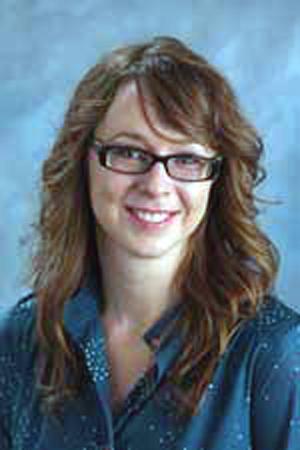
By Lisa Powell
Sor Juana Inés de la Cruz lived, worked and wrote in a religious community in Mexico a century after Teresa of Avila did in Spain. Despite her brilliant work, Juana is not as widely known as the Spanish mystic. Sor Juana has, however, inspired many people with her passion for learning and her courage to defend a woman’s right to study.
I first read Sor Juana in a college world literature course. All I can recall from that lesson was my professor explaining that the 17th century nun from present-day Mexico City used self-deprecating comments and statements of her ignorance in her brilliant defense of women’s right to study. Without such self-effacement she would likely fall into trouble with the Mexican Inquisition, which she eventually did. I didn’t expect at the time that my Ph.D. dissertation in systematic theology many years later would investigate the meaning behind such statements tucked in the middle of a text challenging the limits placed on women’s education.
I refer to a letter Sor Juana wrote to the bishop of Puebla. Bishop Fernández heard Sor Juana give a response to a sermon written by a famous Jesuit preacher in Brazil and was apparently so impressed by her skillful analysis and critique that the bishop asked for a written copy of it. Sor Juana obliged, and the bishop went on to publish her response to the sermon along with a chastisement for not focusing her attention on things more appropriate to her sex. Sor Juana wrote a lengthy letter in response to this admonishment, a letter still studied across a range of academic disciplines: literature, Latin American studies, women’s studies and theology.
When Sor Juana wrote this famous letter, referred to as “The Answer” or “The Response,” she was already quite popular in Mexico and a number of volumes of her works had already been published in Spain. She was known especially for her poetry and poetic dramas, many of which were of a religious nature and commissioned for such occasions as the festival of St. Catherine of Alexandria and Corpus Christi. She also wrote devotional exercises for other Sisters in her order and meditations for praying the rosary.
But it is “The Answer” for which she is best known today. Juana recounts her intellectual autobiography and describes her thirst for knowledge as God-given. She tells how she sought learning from a young age, teaching herself to read Latin and determining that if she did not master a particular lesson by an assigned date she would cut off her hair. She begged her mother to dress her as a boy so she could go to university. She was eventually given the opportunity to enter a religious order where she could focus her attention on study in a way that a wife and mother could not, the two options for a woman in 17th- century Mexico. She accumulated a fantastic library and scientific equipment and held gatherings for discussion, which is where Bishop Fernández heard her eloquent response to the Brazilian preacher.
“The Answer” illustrates a woman’s insatiable desire for knowledge, which Juana claims would persist, even if books were kept from her. Even in the kitchen, she could do experiments. She provides an observation on eggs as an example: eggs react differently in water, vinegar and syrup and, she concludes, “Had Aristotle cooked, he would have written a great deal more.” “The Answer” also exhibits Juana’s knowledge of Scripture and offers an interpretation of texts that have often been used to keep women silent on religious matters.
She also provides an impressive catalog of women leaders throughout the Bible as examples of strength, wisdom and leadership. Sor Juana wrote a brilliant, daring and at times beautiful text in which she argues that her intellect is as free to think rationally as the mind of the Jesuit priest, as both of their minds came from the same source in God. She did all this in the 17th century, in defense of women’s capacity for critical thinking, for religious knowledge and for study.
(Lisa Powell is an assistant professor in the theology department at St. Ambrose University, Davenport.)








